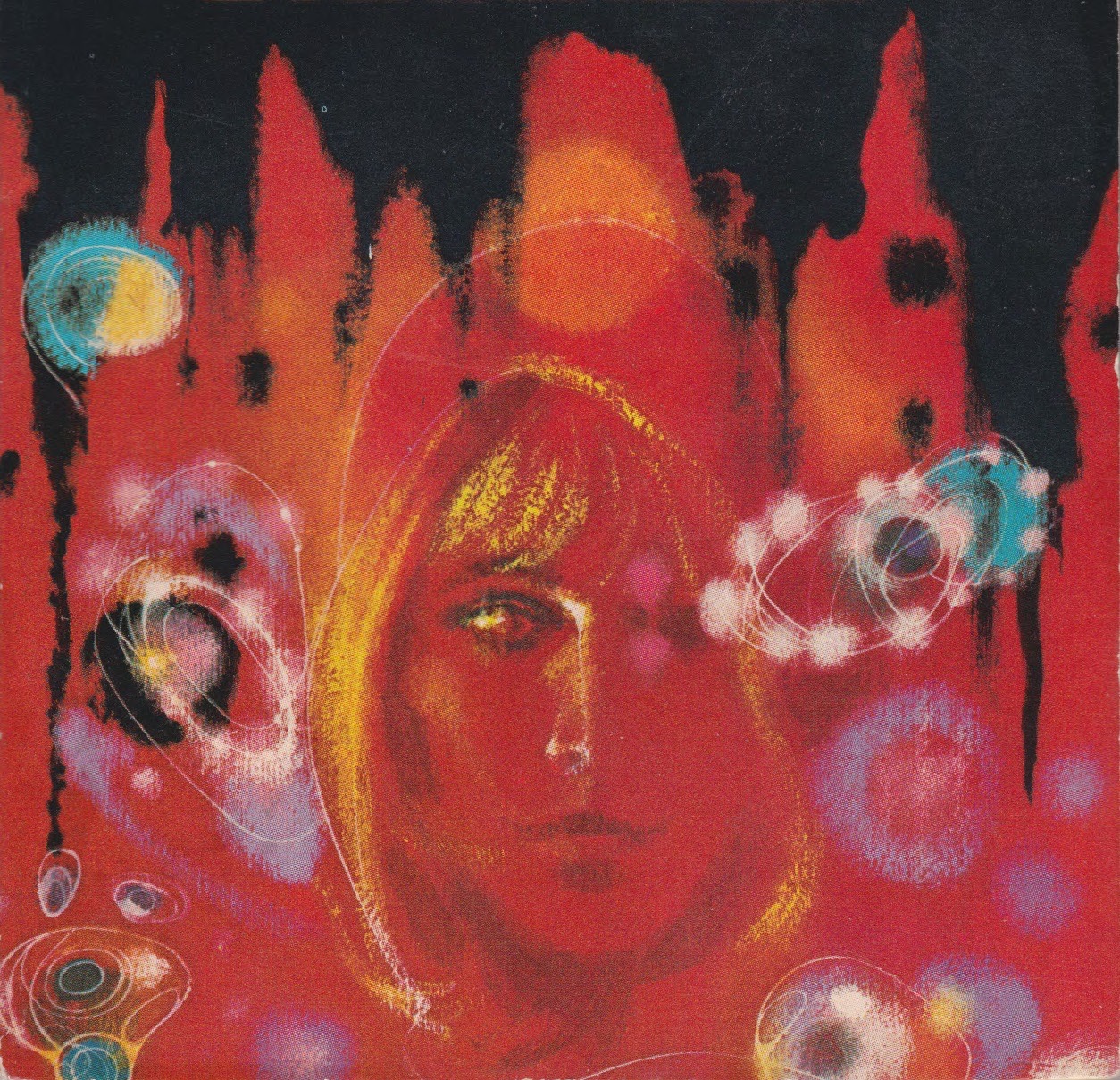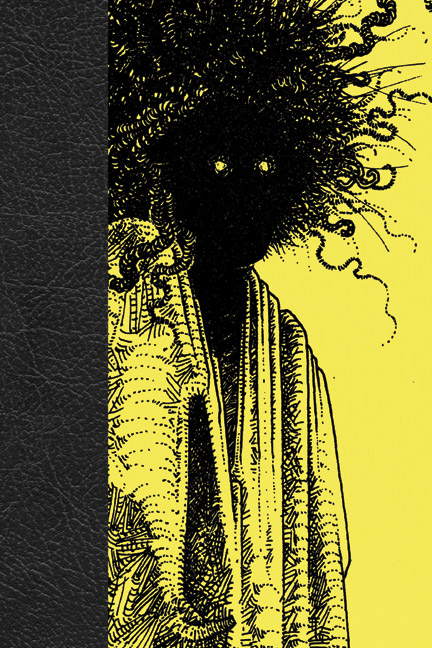



Weird magic, exploring ruins looking for treasure and spending it all at the tavern, plans that should absolutely not work but somehow do-heck, there’s even a story where they both die and then face down Death, as if the game master is trying to retcon a total party kill. (And Lankhmar is a huge inspiration for D&D, even getting its own official tie-in booklet.) Indeed, the Fafhrd and the Gray Mouser series feels closer to those games than any of the tie-in novels. There is simply no introduction that could have ever been more perfect for these two.įafhrd and the Gray Mouser also feel like the closest books have ever gotten to a fun tabletop role-playing game, like Dungeons and Dragons. Then, in Ill Met in Lankhmar they met, by both ambushing the same people at the same time in an attempt to steal the same treasure.

They each had one origin story without the other, explaining Fafhrd leaving his snowy home and the Gray Mouser’s origins as an apprentice under a wizard. Their quests were often them following a rumour for fun or profit, with no grander schemes in mind.īoth had several named weapons of special import, but given the number of times they lose them, those names are just applied to whichever new similar weapon they happen to have. Instead, they’re two halves of a heroic soul.ĭuring their adventures, they battled men, magicians, and monsters, were in the power of two bizarre wizards who obviously did not have their best interests at heart, faced down the incarnation of death, survived the poverty of lean times in Lankhmar, climbed the world’s largest mountain on a whim, and plenty more. Neither of them is a sidekick to the other. The first was published in 1939, and the last one in 1988. Fafhrd is a huge tundra-born barbarian, while the Gray Mouser is a sneakier thief. Leiber’s most popular creation are the duo of Fafhrd and the Gray Mouser. While most popular for the sword and sorcery duo Fafhrd and the Gray Mouser, he wrote horror, urban fantasy, and science fiction just as easily. In addition to writing, he was a chess master, fencer, and Shakespearean actor. Fritz Leiber was an incredibly prolific author, who won numerous awards during his life for works that nowadays seem more obscure than they should be.


 0 kommentar(er)
0 kommentar(er)
